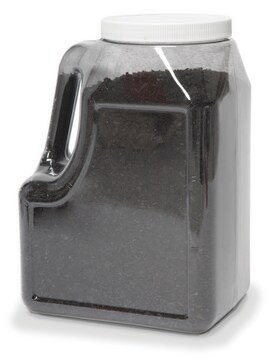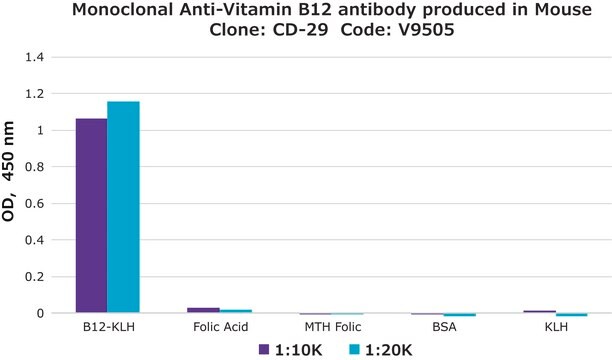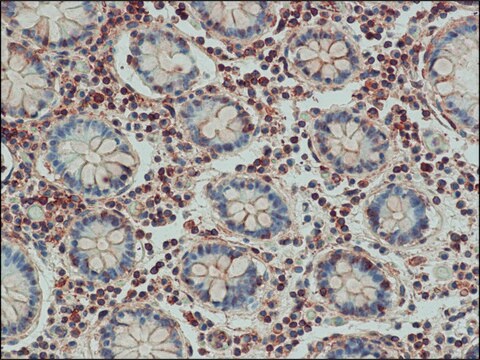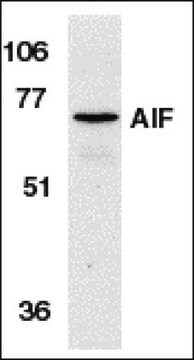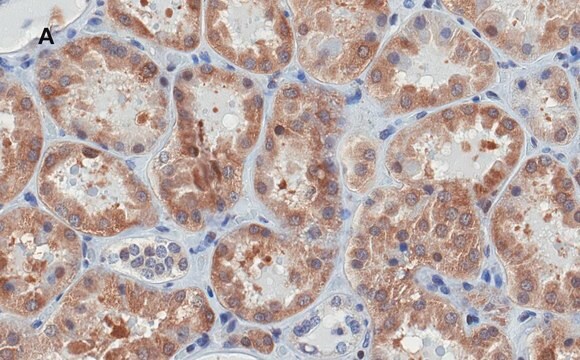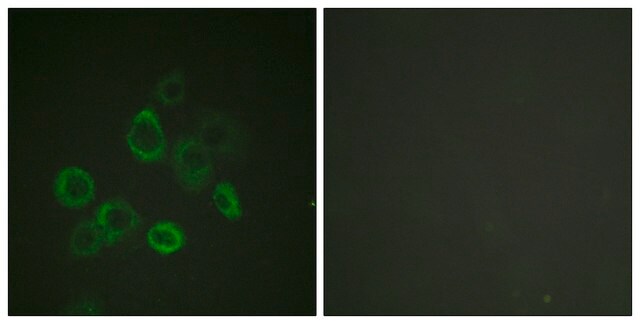A7549
Anti-Apoptosis-Inducing Factor antibody produced in rabbit
IgG fraction of antiserum, buffered aqueous solution
Sinonimo/i:
Anti-AIF
About This Item
Prodotti consigliati
Origine biologica
rabbit
Livello qualitativo
Coniugato
unconjugated
Forma dell’anticorpo
IgG fraction of antiserum
Tipo di anticorpo
primary antibodies
Clone
polyclonal
Stato
buffered aqueous solution
PM
antigen 57 kDa
Reattività contro le specie
mouse, human
Confezionamento
antibody small pack of 25 μL
tecniche
microarray: suitable
western blot: 1:1,000 using human epitheloid carcinoma HeLa cell extract and mouse brain extract
N° accesso UniProt
Condizioni di spedizione
dry ice
Temperatura di conservazione
−20°C
modifica post-traduzionali bersaglio
unmodified
Informazioni sul gene
human ... AIFM1(9131)
mouse ... Aifm1(26926)
Descrizione generale
Rabbit Anti-AIF antibody recognizes human and mouse AIF (57kDa). Staining of AIF in immunoblotting is specifically inhibited with the AIF immunizing peptide (human, amino acids 593-613).
Immunogeno
Applicazioni
Azioni biochim/fisiol
Stato fisico
Esclusione di responsabilità
Non trovi il prodotto giusto?
Prova il nostro Motore di ricerca dei prodotti.
Codice della classe di stoccaggio
12 - Non Combustible Liquids
Classe di pericolosità dell'acqua (WGK)
WGK 2
Punto d’infiammabilità (°F)
Not applicable
Punto d’infiammabilità (°C)
Not applicable
Scegli una delle versioni più recenti:
Possiedi già questo prodotto?
I documenti relativi ai prodotti acquistati recentemente sono disponibili nell’Archivio dei documenti.
Il team dei nostri ricercatori vanta grande esperienza in tutte le aree della ricerca quali Life Science, scienza dei materiali, sintesi chimica, cromatografia, discipline analitiche, ecc..
Contatta l'Assistenza Tecnica.